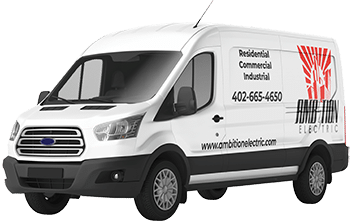Having the right electric vehicle charger in your home means having the peace of mind that you’ll always have the power to get where you need to go. If you’re looking for a charger that will get the job done quickly, safely, and effectively, here are some tips to help you make an informed decision.
Safety First
When selecting an electric vehicle charger, always remember to prioritize safety. Look for models that have secure plugs and cables as well as built-in features like GFCI (ground fault circuit interrupter) protection and surge protection. Your charger should also be certified and tested by a nationally recognized testing laboratory, such as UL.
Look at the Voltage
Electric vehicle chargers come in different voltage levels, so it’s important to make sure you’re choosing the right one for your needs. Mode 3 charging requires a minimum of 208 volts (V) and up to 480 V for high-powered fast charging. For residential use, most chargers will be between 110 V and 240 V — anything more than that may require an electrician to install. However, a higher voltage means faster charging times, so it may be worth it.
Consider the Charging Speed
The time it takes to charge your electric vehicle will depend on several factors, including the battery size, charger type, and charging speed. Level 1 chargers are typically 120 volts and provide up to 4 miles of range per hour of charging. Level 2 chargers are typically 240 V and offer up to 25 miles of range per hour of charging, while level 3 chargers provide up to 175 miles of range per hour. Keep in mind that the faster you charge, the more wear and tear will be placed on your battery over time.
Pay Attention to the Amperage
The amperage of your electric vehicle charger will determine the amount of current it is capable of delivering to your car’s battery. A higher amperage means faster charging, but too much could potentially damage your battery if you’re not careful. For most residential applications, look for a charger with at least 30 amps or more for best results.
Check the Connectors
Before deciding on a charger, make sure you know what connector type your vehicle uses so that you can get one that’s compatible. There are a few different types, including J1772, CHAdeMO, and Tesla Supercharger. Knowing which one you need will ensure that your charger can plug into your car without issue.
Ultimately, the right electric vehicle charger for you will depend on your budget, charging needs, and safety requirements. By considering these tips, you’ll be able to make an informed decision that will help keep your car powered up and ready to go. If you’re interested in learning more about EV chargers in Lincoln, NE, contact Ambition Electric today.




